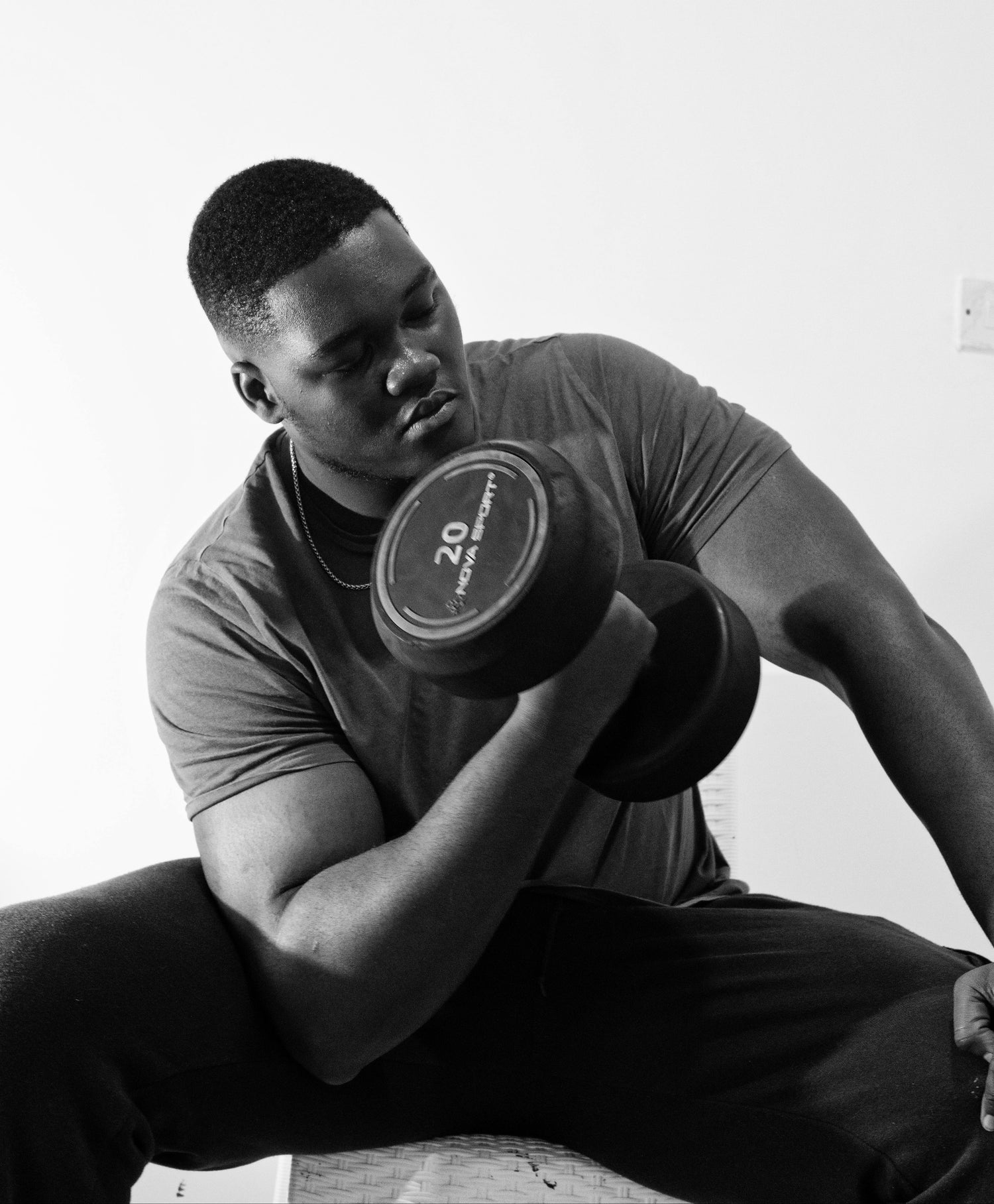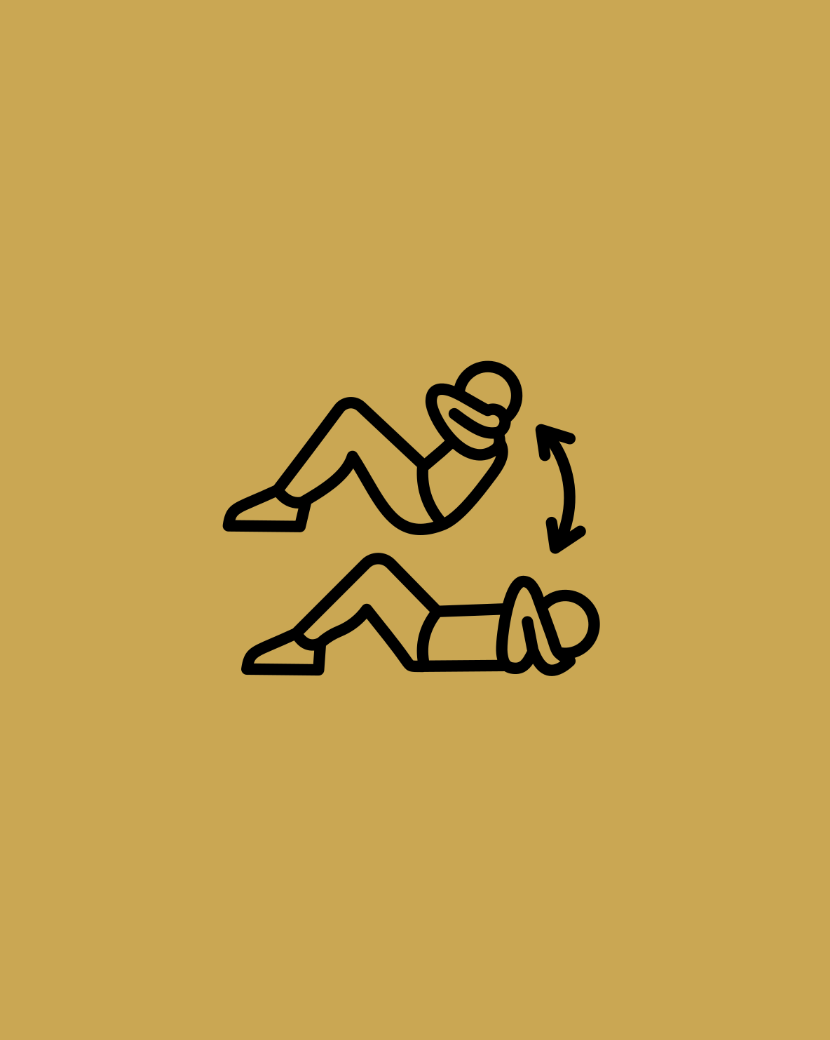What is muscle building?
Muscle building, also known as hypertrophy, refers to the growth of muscle fibers through targeted training and proper nutrition.
Mechanical stress causes micro-tears in the muscles, which are repaired through regeneration and adequate nutrient intake – thus leading to muscle growth.
The science behind muscle building
Muscle building is based on the following principles
-
Mechanical stress
High stress from resistance training (e.g., heavy lifting) causes adaptations in muscle fibers.
-
Metabolic stress
Caused by high repetitions with short rest periods, it leads to muscle growth through cell swelling and hormonal adjustments.
-
Muscle injury & recovery
Micro-tears are repaired through protein synthesis, leading to hypertrophy.
The best methods for building muscle
Training methods




Why is muscle building important?
-
Benefits of building muscle
Strength trainingThe health benefits and effects of muscle building can be found in strength training, as they are similar
The best exercises for building muscle
Basic exercises (multi-joint exercises for maximum muscle activation)






Basic exercises
Rowing
Neck muscles, shoulder muscles, upper back, upper arm muscles, forearm muscles, lower back
Isolation exercises (targeted muscle growth)






Did you know that building muscle not only increases your strength but also boosts your metabolism? More muscle mass means your body burns more calories at rest—even while you sleep!
Nutrition for maximum muscle building
-
The most important macronutrients
NutritionProtein: 1.6–2.2 g per kg of body weight (e.g., chicken, fish, eggs, cottage cheese, plant-based alternatives).
Carbohydrates: 4–6 g per kg of body weight (quick energy source for intense training).
Fat: 0.8–1 g per kg of body weight (hormonal function and cell regeneration).You can find more detailed information and tips in the "Nutrition" section
-
Dietary supplements for muscle building
NutritionProtein powder (whey, casein, vegan) – Helps meet protein needs.
Creatine monohydrate – Scientifically proven to enhance performance and recovery.
Omega-3 fatty acids – Supports anti-inflammatory and recovery.
BCAAs/EAAs – Can be beneficial during extended training or when in a calorie deficit.You can find more detailed information and tips in the "Nutrition" section
Regeneration & Sleep
-
The underestimated factor
Sleep: At least 7-9 hours per night for optimal recovery.
Active recovery: Gentle exercise, stretching, or walking promotes blood circulation.
Stress management: Cortisol (the stress hormone) can inhibit muscle growth—therefore, use meditation and relaxation techniques.
Conclusion
Consistency is key: Results come with patience and regularity.
Train smart: Combine compound exercises with targeted isolation exercises.
Eat right: Adequate protein, healthy fats, and complex carbohydrates are essential.
Pay attention to recovery: Growth happens during recovery, not just during training.
Progress continuously: Progressive overload is crucial for long-term success.
